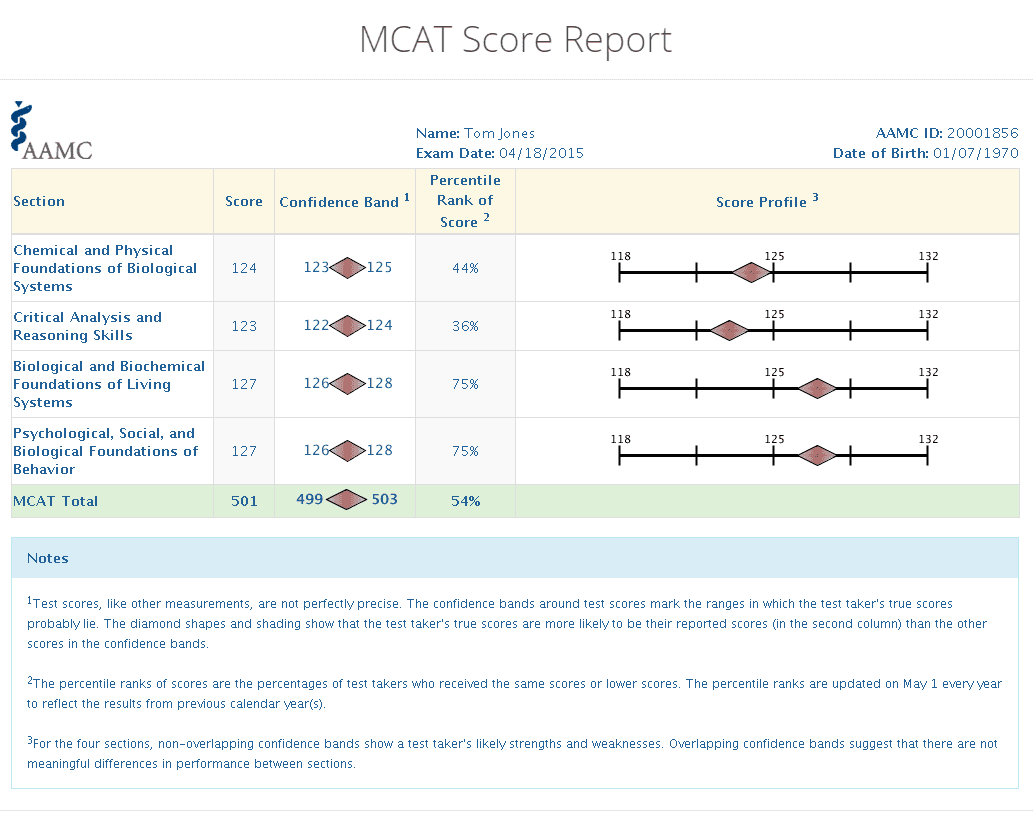The Medical College Admission Test (MCAT) is a standardized exam that is required for admission to most medical schools in the United States and Canada. It assesses the test-taker’s knowledge of basic scientific concepts, critical thinking skills, and problem-solving abilities.
MCAT is a computer-based exam that consists of multiple-choice questions in four sections: Biological and Biochemical Foundations of Living Systems, Chemical and Physical Foundations of Biological Systems, Psychological, Social, and Biological Foundations of Behavior, and Critical Analysis and Reasoning Skills.
MCAT Exam Explained
The MCAT exam is designed to test the test-taker’s understanding of foundational concepts in biology, chemistry, physics, psychology, and sociology. It also evaluates their ability to apply these concepts to real-world scenarios and make sound judgments based on the information provided.
Each section of the MCAT exam is scored on a scale of 118 to 132, with a total possible score of 528. The average score for test-takers is around 500. Medical schools use MCAT scores as one of the factors in determining an applicant’s readiness for medical school and their potential for success in medical education.
Preparing for the MCAT exam requires a significant amount of time and dedication. Many test-takers spend months studying for the exam, using resources such as review books, practice tests, and online study materials. It is important to develop a study plan and stick to it in order to maximize your chances of success on test day.
On the day of the exam, test-takers must arrive at the testing center with their ID and confirmation email. They will have a set amount of time to complete each section of the exam, with breaks in between. It is important to stay focused and manage your time wisely in order to answer as many questions as possible.
In conclusion, the MCAT exam is a crucial step in the medical school admissions process. By understanding the format of the exam, preparing effectively, and staying focused on test day, you can increase your chances of achieving a high score and gaining admission to the medical school of your choice.
